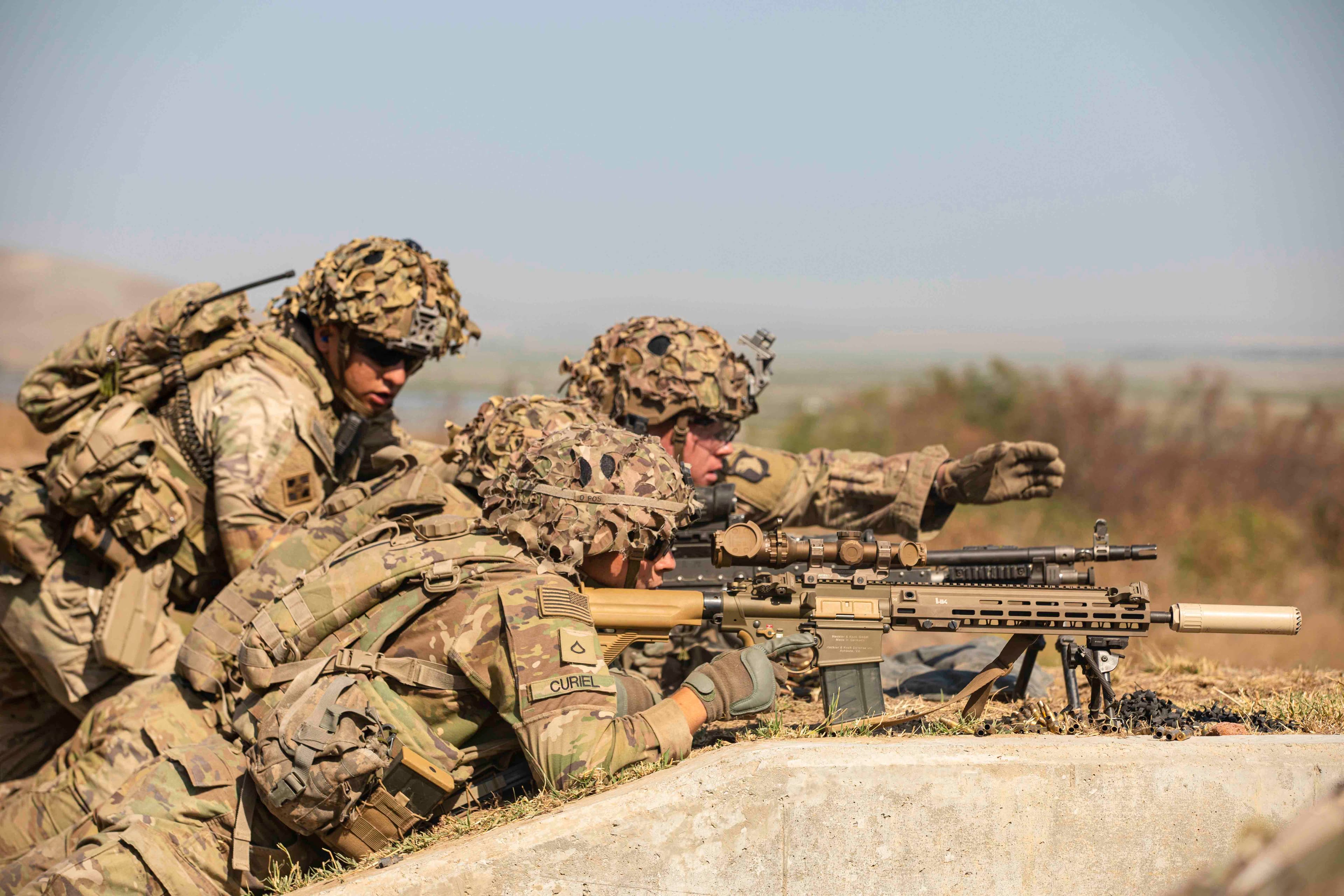
Strategy in Motion: The Policies and Tactics of Modern Warfare
Course Description
Foundations of Warfare:
As the lines between conventional and irregular warfare blur and adversaries employ increasingly sophisticated strategies, it is essential for policymakers to grasp the realities of military tactics and operations. Policymakers shape defense strategies, legislation, and resource allocation. A tangible understanding of warfare's complexities will enable them to make more informed decisions that have profound strategic implications.
Program Overview:
This certificate program is designed to provide policy professionals with a crash course in military tactics and operational realities. Participants will engage in seminars, case studies, and interactive simulations. These components will demystify the intricacies of modern warfare, focusing on challenges such as grey zone tactics, irregular operations, and great power competition.
Through practical exercises, participants will immerse themselves in the principles and dynamics that drive military strategy and execution. This experiential learning model will ensure participants gain firsthand insights into concepts often discussed but seldom experienced in policy circles.
Course Schedule:
Wednesday April 30: 5:30 pm - 8:00 pm
Thursday May 1: 5:30 pm - 8:00 pm
Friday May 2: 5:30 pm - 10:00 pm
Saturday May 3: 9:00 am - 6:00 pm
Sunday May 4: 11:00 am - 7:00 pm
Simulation
At the conclusion of the program, candidates will participate in an intensive simulation where they will utilize their new expertise and confront tactical and political questions that arise with the use of force.
Highlighted Modules
Intro: War Defined: Theory, Styles, and Elements of Warfare
Module 1: Maneuver Warfare: Gaining Advantage, Exploiting Success
Module 2: Forms of Maneuver
Module 3: Special Operations Case Studies
Module 4: The Vietnam War: Strategy, Operations, and Tactics
Capstone Project
Candidates will showcase their newly gained policy insight by completing their choice of an op-ed or policy memo. Projects are due a week after the end of program and will be assessed by committee upon the basis of their strategic soundness, original analysis, and grasp of the policy area. The quality of this project will determine if candidates are awarded the certification.
Eligibility
Our Policy Certificate Program is seeking an accomplished cohort of early career professionals who demonstrate capability and interest in American foreign and domestic policy issues. The selection committee will consider a candidate's subject matter expertise, creative thinking, writing ability, and professional background. Applicants should hold an undergraduate degree and have demonstrated policy expertise or interest in one or more relevant areas.
